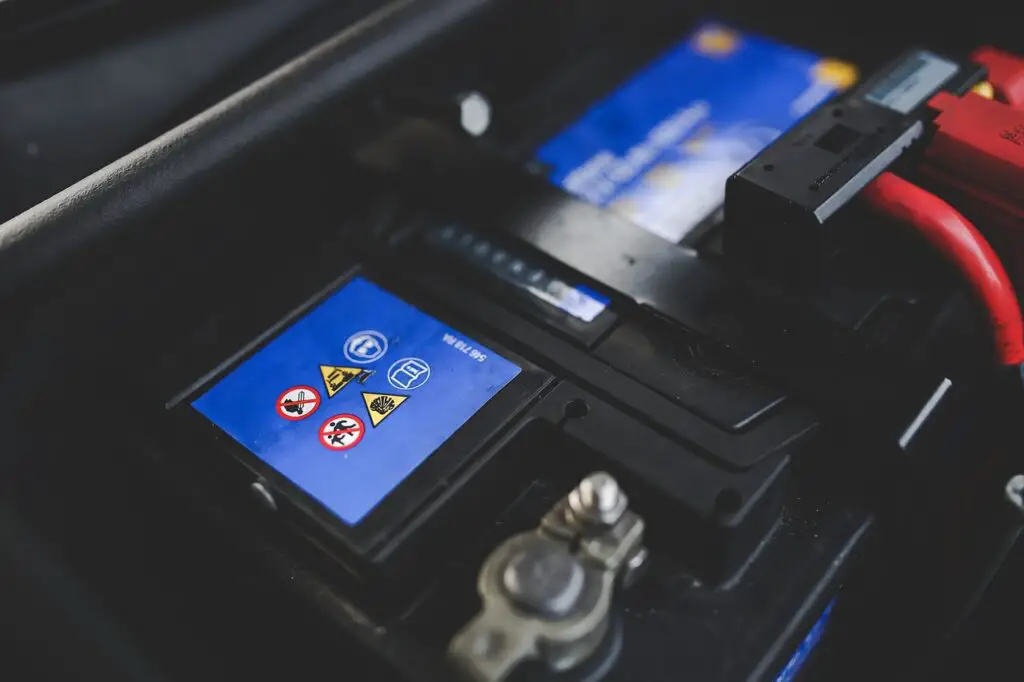“Hold charge” refers to a battery’s ability to retain its electrical charge over a period of time when not in use.
Essentially, it’s the measure of a solar battery‘s capacity to store energy and not lose it due to natural discharge or leakage currents when it’s disconnected from any device or charging source.
The better a battery can hold its charge, the longer it will be able to provide power to a device when needed.
Factors like the battery type, age, temperature, and quality all influence how well it can hold a charge.
Generally, a fully charged solar battery can retain its charge for anywhere from one to five days without additional input from the solar panels, if not connected to any loads.
High-quality, modern lithium-ion solar batteries can hold a charge for several months with minimal loss, whereas older lead-acid types might discharge more quickly.
The actual time will vary based on the battery’s self-discharge rate and how the system is managed.
Regular maintenance and proper system design can help ensure batteries maintain their charge as efficiently as possible.
Some batteries, especially Tesla batteries, can hold their charges even longer. To be exact, a Tesla battery can hold its charge for around 7 days.
How Long to Charge a Solar Battery?
The time it takes to charge a solar battery can vary widely based on several factors.
These include the capacity of the battery (measured in amp-hours), the state of charge when you begin, the power output of the solar panels (in watts), the amount of sunlight available, and the efficiency of the system’s components.
For example, a large-capacity battery will take longer to charge than a smaller one, and a day with full sun will provide more energy for charging than an overcast day.
As a simple example, if you have a 100 amp-hour battery and a solar panel that generates 10 amps per hour under ideal conditions, it would theoretically take about 10 hours to charge the battery from empty to full.
However, this doesn’t account for system losses and reduced panel output in less-than-ideal conditions.
Do Solar Batteries Go Bad If Not Used?
If a solar battery keeps its charge, will it stop working if you don’t use it for a long time? No, it won’t go bad quickly because the charge it holds helps keep it in good shape.
But, if you leave a solar battery empty and don’t use it for a while, it will get damaged fast. It will stop being able to hold a charge and won’t work anymore.
You can stop this from happening by using trickle chargers. They keep your solar battery a little bit charged all the time, so it never runs out completely.
But remember, just keeping your battery charged isn’t everything. If you follow all the care tips, your solar battery can last a long time, even if you don’t use it often.









